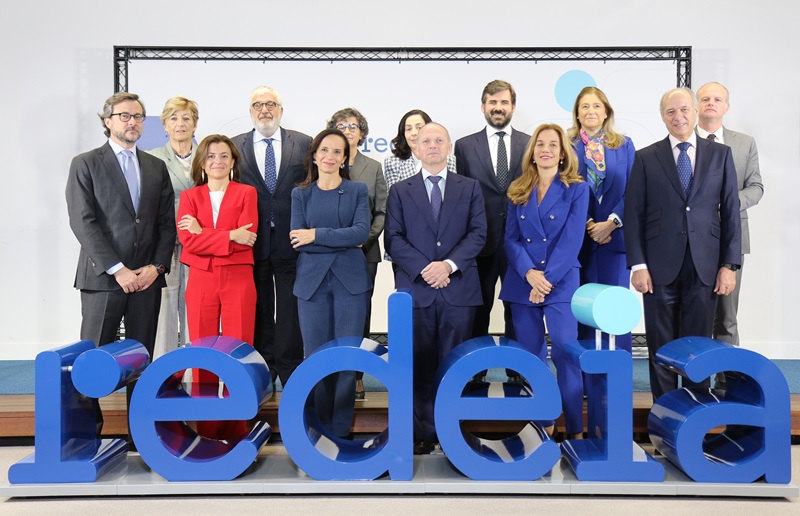We are a global operator of essential infrastructure
We conduct a double materiality analysis, prepared in accordance with the European Union's new European Sustainability Reporting Standards (ESRS). This materiality analysis allows us to identify the topics and subtopics relevant to Redeia that may affect our value proposition, results, situation and evolution (financial materiality) as well as those that have an impact on people, society and the environment (impact materiality).

| Topic | Subtopic |
|---|---|
| Climate change |
|
| Biodiversity and ecosystems |
|
| Circular economy |
|
| Own workforce |
|
| Workers in the value chain |
|
| Affected communities |
|
| Business conduct |
|
| Energy transition |
|
| Innovation |
|
















